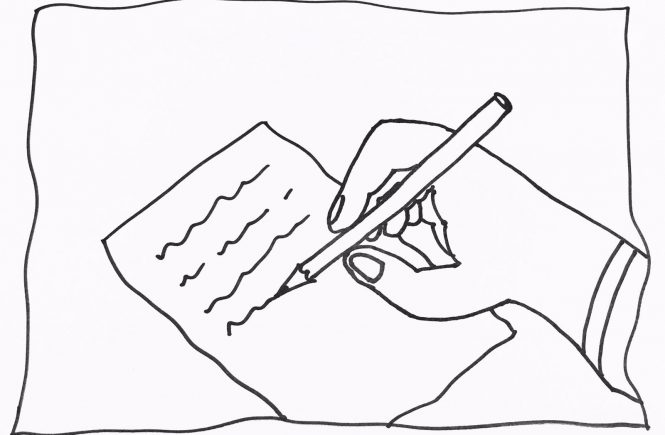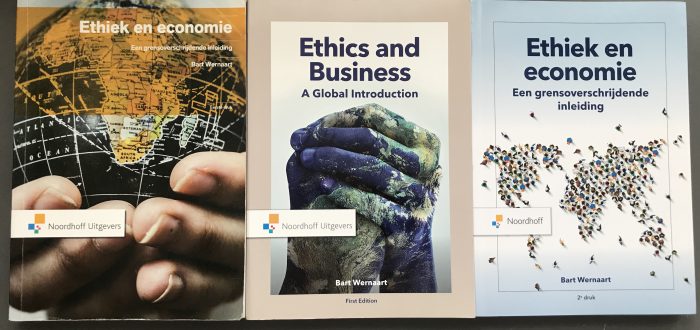With great enthusiasm I share this publication for Technology in Society (Elsevier). I propose a roadmap to support the ethical decision making process in moral programming of smart technology. In this contribution I discuss when we have a moral programming issue, who ought to decide on this, what can be decided, and how moral decisions can be programmed in technology. The main goal is to contribute to a smart society that is more human, with respect for individual morality.
Abstract: Smart technology is increasingly integrated in our ethical decision making. This raises questions as to how we should morally program technology. Deciding on moral programming depends on the moral intensity of the ethical issue. A moral intensity dashboard for engineers can help allocate the most suitable moral authority for a particular moral programming. Technology is not capable of ‘doing’ ethics the way humans do. This leaves forms of consequentialism and deontology as the most reasonable programming alternatives, using deontic logic as a starting point. Furthermore, it is very likely that in the more complicated settings, technology should have elements of meta ethics in its moral programming to adequately deal with scenarios that lead to conflicts in moral programming. We propose to use the calculation methods that stem from a comparative approach or the Expected Moral Value approach. All this has considerable consequences in how we should see moral programming in technology-driven ethical decision-making processes. We will therefore propose a roadmap for the moral programming of smart technology.
Keywords: Moral programming, Ethical decision making, Moral Intensity, Smart technology, Normative ethics, Meta ethics


